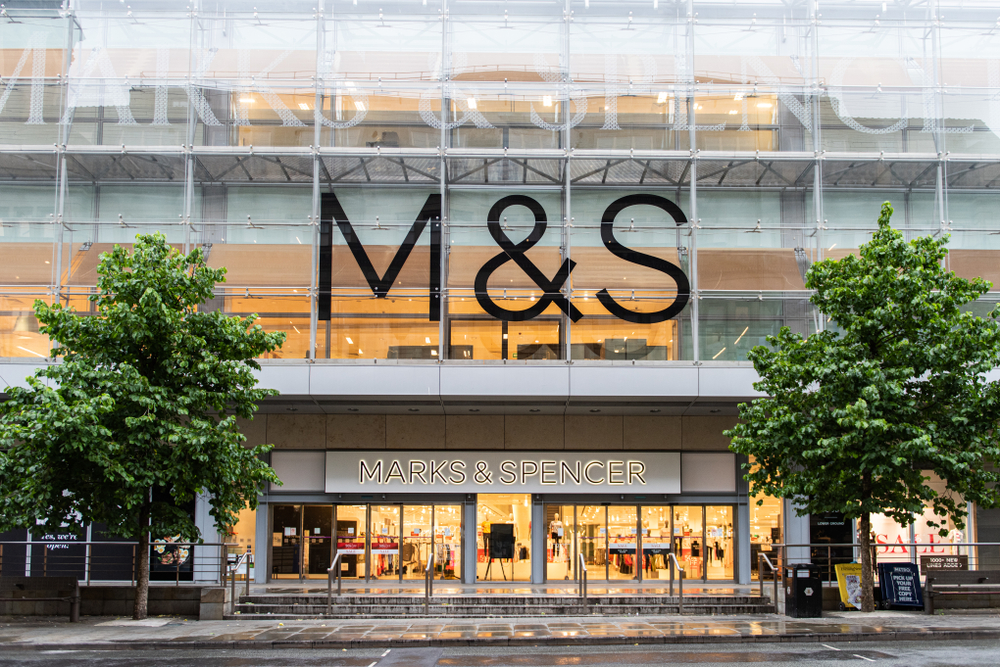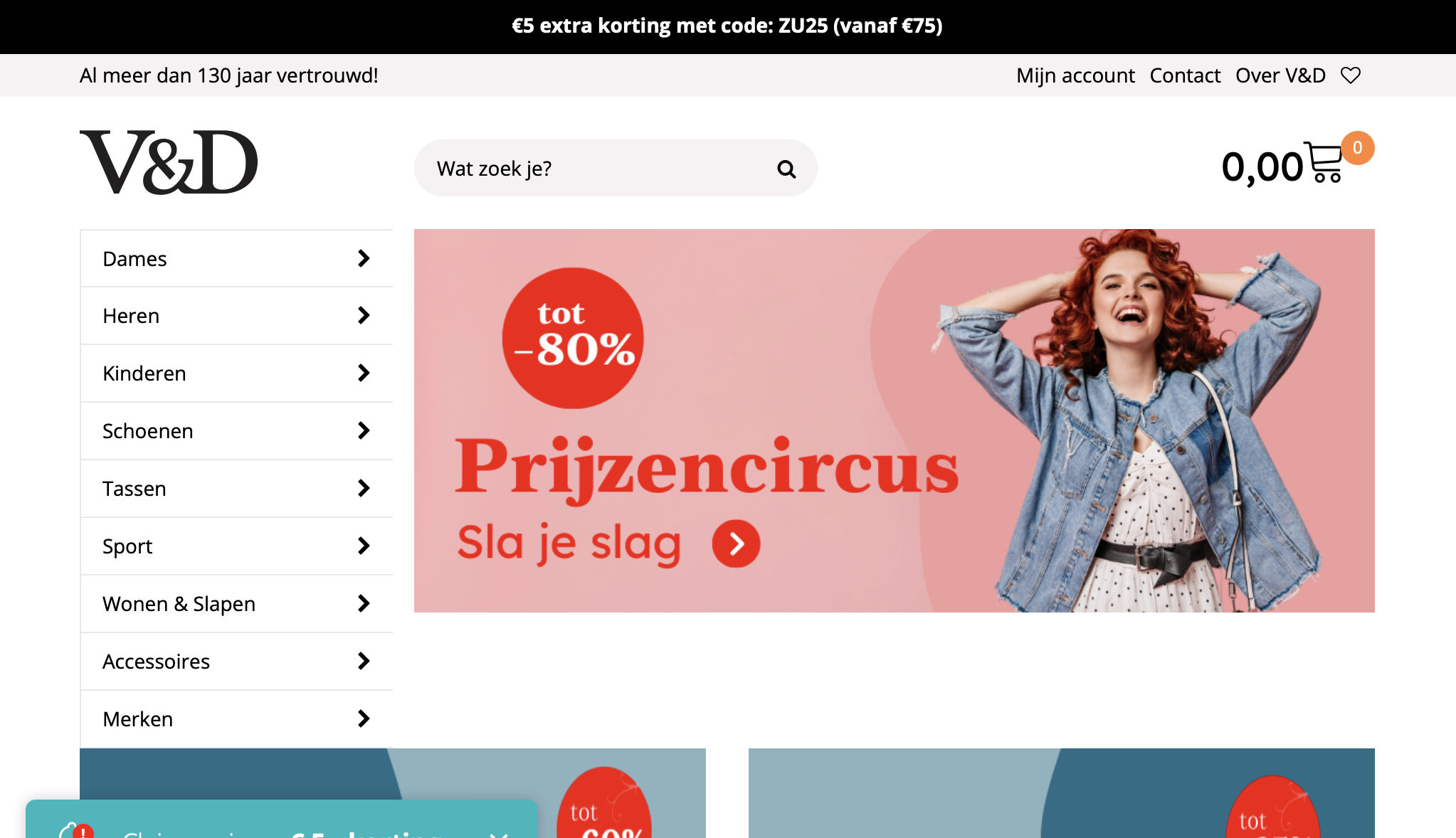New research has revealed just how high consumers’ expectations of delivery are today, suggesting that 72% would spend more if they could be sure of same day delivery. The follow up calculation is that the high street is losing out to the tune of £4.9 bn because the most convenient delivery options are not available.
 According to research from new on-demand delivery platform Stuart, frustrated consumers are spending £4.9bn less with their favourite high street retailers online because the delivery options don’t fit their needs. Nearly three-quarters of consumers said they would shop more with a chosen high street retailer if it offered same-day delivery, spending an average of £168 extra each year. Exactly half of respondents said they wished high street retailers offered better delivery services through their online shops. For the retail community this suggests the UK high street is missing out on £4.9bn by not offering same-day delivery, says Stuart.
According to research from new on-demand delivery platform Stuart, frustrated consumers are spending £4.9bn less with their favourite high street retailers online because the delivery options don’t fit their needs. Nearly three-quarters of consumers said they would shop more with a chosen high street retailer if it offered same-day delivery, spending an average of £168 extra each year. Exactly half of respondents said they wished high street retailers offered better delivery services through their online shops. For the retail community this suggests the UK high street is missing out on £4.9bn by not offering same-day delivery, says Stuart.
“The findings highlight a growing need to address convenience in the last mile of the customer journey: delivery,” said David Saenz, UK MD, Stuart. “We live in a society where search and purchase are just a click away. Retailers understand that consumers, more in control and demanding than ever before, have the same expectation when it comes to delivery, and are looking for a way to satisfy those expectations.”
Stuart is a new on-demand delivery service
The research marks the UK launch of Stuart, an on-demand delivery service that helps connect high-quality couriers to retailers, ensuring fast and flexible delivery for their customers. Founded in 2015 with €22m in pre-launch funding from GeoPost and other investors, Stuart is already live in Paris and Barcelona, where it works with over 100 retailers. Stuart launches in the UK with an initial London focus and already begun working with Burger King and Nextail.
Key Stuart research delivery statistics:
- 32% of consumers always choose a high street retailer that offers same-day delivery over one that doesn’t
- 79% would switch from their favourite high street retailer if it didn’t offer their preferred delivery method
- 62% would pay a premium for same-day delivery, offering a potential extra £94m in revenue from deliveries alone.
- 10% of online shoppers would pay £11 or more for one-hour delivery
The research also brings home the importance of fast delivery for returning goods, as well as buying them. Nearly a third of consumers [29%] buy multiple items at once, knowing they’ll return one or more of them. In the UK alone, consumers return online goods worth approximately £196bn each year; with an additional £3.2bn of unwanted, unused goods sitting in homes across the UK. According to the research, consumers take an average of 4.2 days to begin the returns process, an issue for many retailers whose stock depreciates rapidly.

“The research paints a picture of a modern-day consumer who considers fast, flexible delivery a must-have in a society driven by convenience. Yet too often convenient delivery – and returns – are being considered a ‘nice to have’, not a necessity, by high street brands,” continued Saenz. “Online shoppers consider delivery as the lynch pin when it comes to their brand loyalty. In five years’ time, instantaneous delivery and returns will be mainstream. The retailers who invest in this now will not only be winning the race for consumer loyalty but will also reap the financial rewards that come with it.”
John Pincott, Managing Director, EMEA, KIBO thinks for the modern day consumer, it is entirely unrealistic to wait more than a day to receive their goods. “This trend is highlighted by Tesco’s recent introduction of same-day click and collect and Amazon Prime, which promises same-day delivery,” he commented. “As the retail competition has continued to grow exponentially, service has become the key differentiator when it comes to consumer loyalty. Convenient delivery is becoming a major component of this.
“However, delivery is only one cog in the process. To fulfil this type of service, sophisticated order management systems are vital to understand what stock is where and therefore the most efficient method of delivery. Only with this in place, can retailers take advantage of services such as Stuart, which allow couriers to deliver goods from the most local store as opposed to travelling half way across the city. Unfortunately, today, many retailers do not have that level of understanding and still rely on central distribution points.”
 John Beechen, Head of Managed Services at global digital consultancy Salmon notes that in the grocery sector, Amazon Prime Now is already catering to this consumer demand for immediate fulfilment, and this is spilling over into the high street. “Now retailers are at risk of losing out if they fail to provide comparable delivery times as customers will always seek the path of least resistance to their satisfaction,” he said. “High street retailers should identify the ranges that would suit quick delivery times and put in place the logistical back end systems needed. By integrating slick delivery and return services, high street retailers can attract more purchases from their existing customers and even attract new ones. This is a particularly important consideration as we approach Black Friday and the Christmas period, when same day and next day deliveries are most in demand.”
John Beechen, Head of Managed Services at global digital consultancy Salmon notes that in the grocery sector, Amazon Prime Now is already catering to this consumer demand for immediate fulfilment, and this is spilling over into the high street. “Now retailers are at risk of losing out if they fail to provide comparable delivery times as customers will always seek the path of least resistance to their satisfaction,” he said. “High street retailers should identify the ranges that would suit quick delivery times and put in place the logistical back end systems needed. By integrating slick delivery and return services, high street retailers can attract more purchases from their existing customers and even attract new ones. This is a particularly important consideration as we approach Black Friday and the Christmas period, when same day and next day deliveries are most in demand.”
About the survey
The research was commissioned by Stuart and conducted in August 2016 by Censuswide, with 1,020 online shoppers across the United Kingdom aged 16 and over.
This figure has been derived in the following way: 76% of those aged 16+ shopped online in the last year alone, the equivalent of 41m people. Our research found 72% of that group would spend more with their high street retailer, which is the equivalent of 29m people who would spend an average of £168 each in a year. Combined this comes to a total of £4.9bn.
Our view
It will come as no surprise to retailers and the e-commerce fulfilment community that shoppers now love the idea of same day delivery and would like that option when they shop online. Most retailers are rushing to offer it, but of course find the reality of putting the systems in place to support and execute same day delivery amounts to a lot of complex and costly work. The existing distribution infrastructure might not be sufficient. It can’t be free, or even very cheap. If shoppers are asked to pay £15 for same day delivery will they still be so keen?
Yes the e-commerce trailblazers are already doing it, largely because they have the scale, IT and delivery partners to offer the service – but often consumers must pay dearly for the pleasure of such speed and convenience. Amazon charges £8.99 for express next day delivery of a CD if you’re not a Prime customer – and being a Prime customer is not free.
As John from KIBO says above, serious investment in inventory management and stock visibility is needed to bring same day delivery into practical use, not to mention the costs of this immediate last mile fulfilment.
One logistics manager of a European fashion retailer told eDelivery.net recently that she felt customers would be happy with waiting two or three days for goods, if no-one was offering same day or even next day. “The problem for the sector is that once other retailers offer a faster service – next day, same day – consumers think everyone can and should be offering it. So I think the pressure is coming from the retailers at the front, rather than the consumers themselves.”
E-commerce pioneers in our sector are clearly pushing the boundaries, but wherever the pressure to speed up is coming from, it seems e-retailers must get on their bikes and keep improving their delivery options, or risk getting left behind. Hopefully new kid on the block Stuart will successfully join the ranks of e-fulfilment support companies, and help retailers dip into that estimated £4.9bn goldmine.
Image credits
- Main image: Flickr
- Stuart
- Ocado








